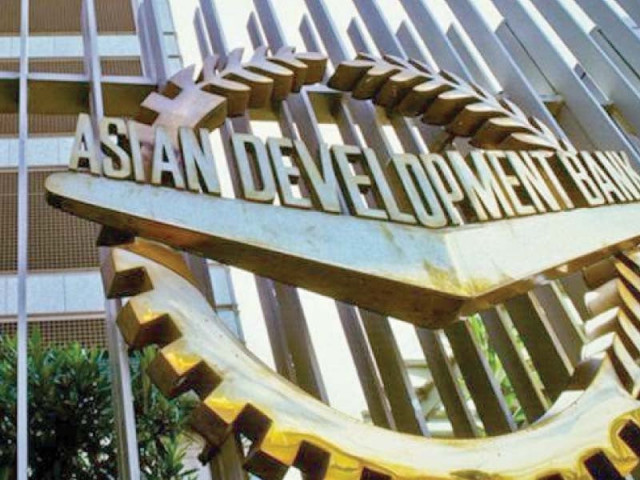Adherence to economic adjustment programme crucial for stability: ADB
ADB predicts moderate growth, high inflation in fiscal year 2024, cautions against political instability

The Asian Development Bank (ADB) in its latest report presents a bleak outlook for Pakistan's economy and cautions that staying the course on an economic adjustment programme till April 2024 would be critical in restoring stability and gradual recovery of growth.
The Asian Development Outlook September 2023, published on Wednesday, noted that Pakistan witnessed a decline in growth with expansionary fiscal and monetary policies hitting their limits. It recorded the weakening of the rupee, decline in international reserves and steep rise in inflation.
For the financial year 2024, ADB projected a moderate 1.9 per cent growth in the gross domestic product (GDP), with price pressures remaining high. This figure is slightly lower than the predictions made six months ago.
“Greater fiscal discipline, a market-determined exchange rate, and speedier progress on reforms in the energy sector and state-owned enterprises are key to reviving economic growth and protecting social and development spending.” - Yong Ye, Country Director ADB #ADOU2023 pic.twitter.com/owe2zuosQV
— ADBPakistan (@PakistanADB) September 20, 2023
That said, uncertainty is likely to linger with stablisation measures limiting the growth of demand. The ADB sees private consumption and private investment growing by about three to five per cent, respectively while inflation is likely to stay in the double digits.
The report predicts that potential supply chain disruptions and further strain on global financial conditions from an escalation of the Russian-Ukrainian conflict would weigh on the economy.
Moreover, political instability remains a threat to the implementation of reforms towards growth stablisation and restoration of investor confidence as well as sustainable debt, notes the report, keeping in view that the country is due to hold general elections in the coming months.
The ABD stresses that the disbursement of funds from bilateral and multilateral partners would remain essential for exchange rate stability, improved market sentiment and reserve accumulation.
Read C/A deficit shrinks 79% over stagnant imports
The economy's short-term prospects would depend heavily on progress made under the economic adjustment programme, which according to the ABD is aimed at stabilizing the economy and rebuilding buffers for domestic and external balances. These can potentially build a foundation for a programme under the new government.
The adjustment programme entails monetary tightening, fiscal consolidation and a return to a market-determined exchange rate besides structural reforms in state-owned enterprises, energy, climate resilience and banking.
Implementation of this programme and potentially smooth general elections would boost confidence, stated the ADB report, noting that relaxing import controls would support investment.
With regards to output, the ADB states that better weather conditions are likely to support recovery in agriculture along with the government's relief package of free seeds, fertilisers and subsidised credit. Recovery of farm output and availability of critical imported inputs are likely to benefit industries thus allowing for exports to pick up.
However, imports are likely to grow much faster given pent-up demand and the downside risks from global price shocks and slower global growth remain significant, notes the ADB.



















COMMENTS
Comments are moderated and generally will be posted if they are on-topic and not abusive.
For more information, please see our Comments FAQ